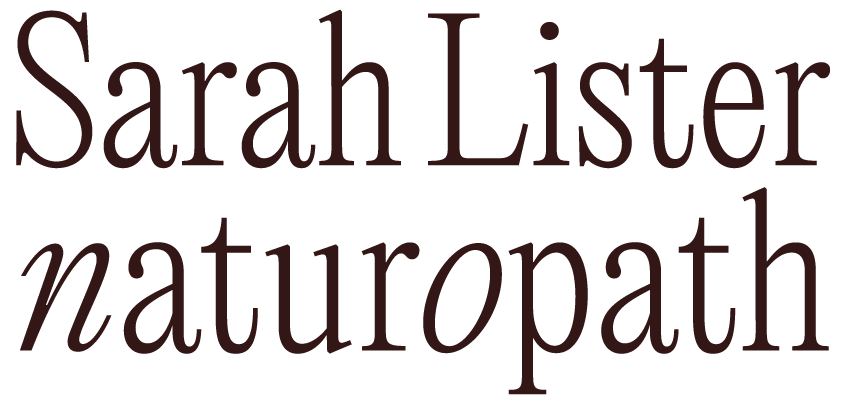J.19/ Post-Partum Health
Post-Partum is challenging time, your priorities have changed, your body is different, you’re tired, it can be a difficult time for the whole family not just the Mother. It is important to remember your health during this period of time and keeping on top of it all.
Our nutritional needs in our post-partum journey are different to when we are pregnant and they’re different to how they were before we became pregnant. Post-partum is a huge change for our body, both physically and emotionally. It’s important to be kind to yourself as you navigate through the experience of a new little person being added to your family.
Nutritionally after birth we need a lot more calories especially if you had a long labour, our bodies are trying to recover from birth and all the energy that was needed to bring your baby earth side. If you decide to breastfeed your baby, your calories need to be even higher, the key is to eat foods that nourish your body and provide yourself with nutrient dense food choices. Focus on eating ample amount of protein and good fats, as these groups will help your breastmilk. Foods such as eggs, protein powder, chicken, avocado, yoghurt and salmon are ideal to include in your diet. Alongside this make sure to include carbohydrates such as fruit and vegetables, aim for a range of different colours, brown rice and wholemeal pasta will also help provide you with the energy you need. If you’re feeling hungry listen to your body, making breastmilk takes a huge amount of energy, but make sure you’re filling up on good foods. The key is to have healthy foods available or do meal preparation for snacks such as protein balls, nuts and seeds, fresh fruit etc. Lastly make sure you’re drinking enough water, I can’t stress this enough, when breastfeeding we need a lot more water than we normally would.
Although we can do a lot diet wise to help support us during the post-partum period it’s also important to remember our soils are deplete of nutrients and our food isn’t as nutrient dense as it once was. This is why taking a breastfeeding multivitamin can help fill in any nutritional gaps, this also helps with the demands of breastfeeding and passing on extra nutrients to bub. I often suggest taking protein powder and collagen post-partum as this helps to boost your protein for the day and also helps your body heal from pregnancy and birth. In addition it can also be useful to consider taking a breastfeeding probiotic, this can help reduce mastitis, boost both Mum and bubs immune system and reduce gut discomfort for your baby.
Post-partum health is not just diet and supplements it’s a huge shift for you mentally and having a great support network can be a huge help. It’s important to be direct with people, be upfront with how long visitors stay and how frequently they visit, if they ask if they help be clear ‘you could help buy bringing a cooked meal, doing the vacuuming, hanging out the washing’, whatever you need, people that care about you want to help. Something as simple sitting outside can make a huge difference for your mental wellbeing and is great for bub too. There are lots of services across Australia that can help if you’re finding yourself struggling with the adjustment to motherhood, your local GP, your Midwife, a Counsellor, Breastfeeding Association Australia, Child Health Access, to name a few. Reach out to your partner and friends when you need extra support emotionally, remember it takes a village to raise a child.

